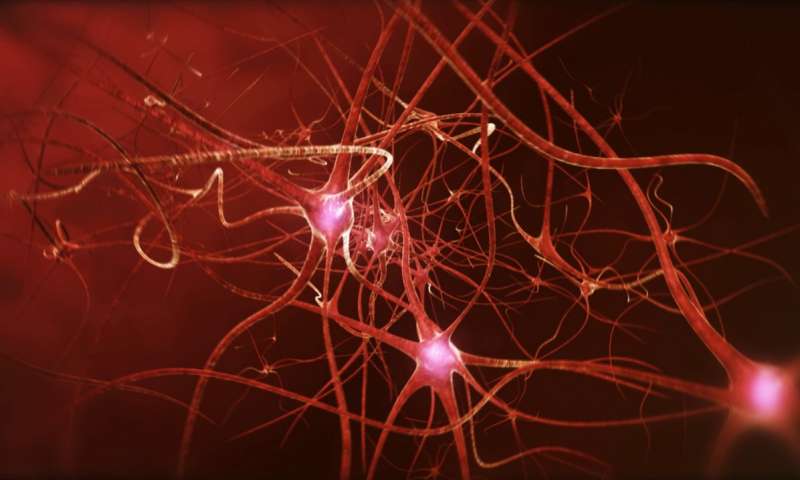A new study is the first to reveal how disrupts our brain cells' ability to communicate with each other, leading to temporary mental lapses that affect memory and .
In a second finding, the researchers discovered that slower brain waves accompanied sluggish cellular activity in the same regions of the patients' brains.
"Slow sleep-like waves disrupted the patients' brain activity and performance of tasks," said Fried. "This phenomenon suggests that select regions of the ' brains were dozing, causing mental lapses, while the rest of the brain was awake and running as usual," said Fried.
The study's findings provoke questions for how society views sleep deprivation.
"Inadequate sleep exerts a similar influence on our as drinking too much," said Fried. "Yet no legal or medical standards exist for identifying over-tired drivers on the road the same way we target drunk drivers."
Fried and his colleagues plan to dive more deeply into the benefits of sleep. Future studies aim to unravel the mechanism responsible for the cellular glitches that precede mental lapses.
Previous studies have tied sleep deprivation to a heightened risk of depression, obesity, diabetes, heart attacks and stroke, as well as medical errors.
The study is published in Nature Medicine.
More information:
Selective neuronal lapses precede human cognitive lapses following sleep deprivation, Nature Medicine, nature.com/articles/doi:10.1038/nm.4433
Source: medicalxpress.com





